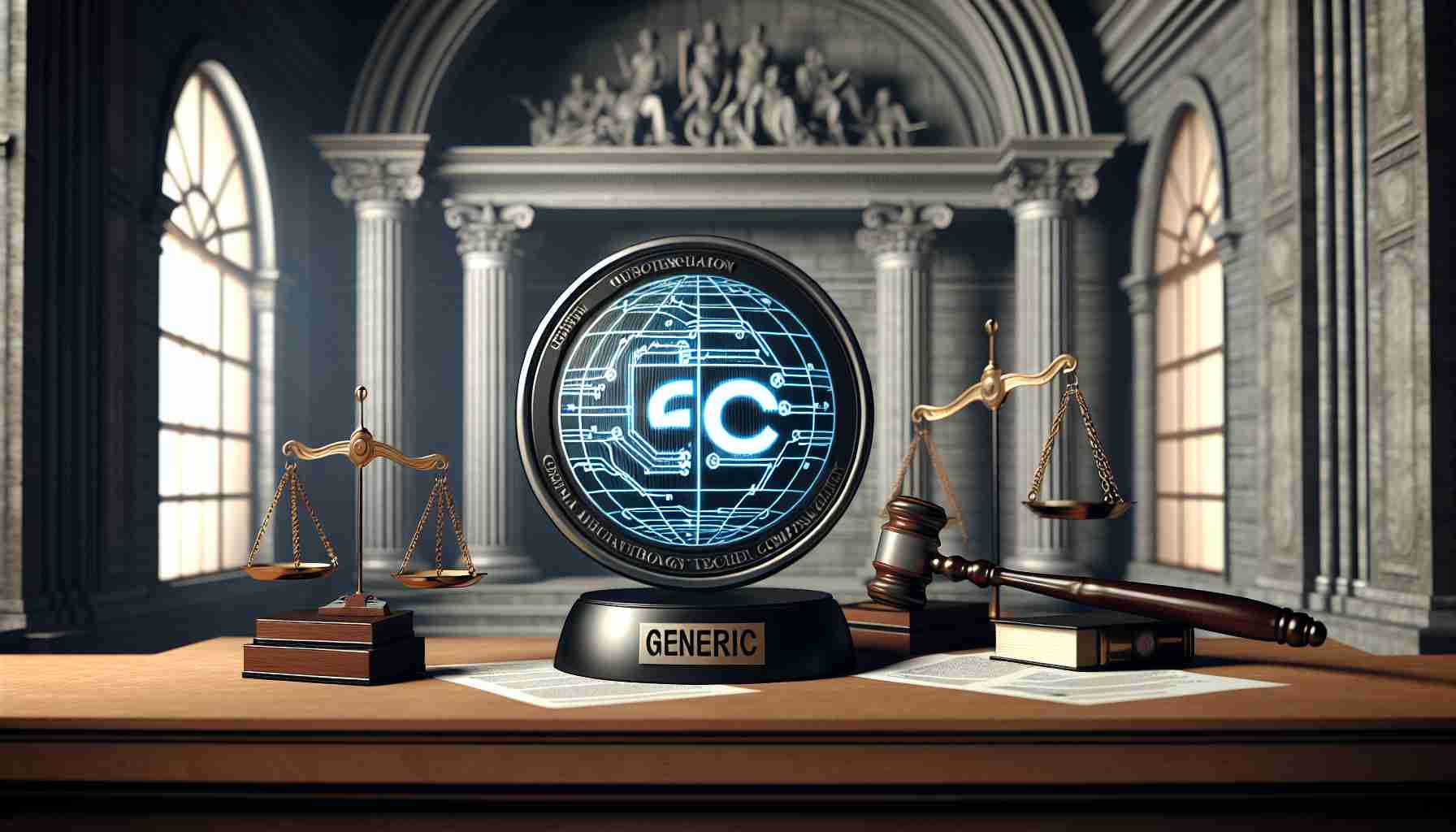The US Justice Department, along with 16 state and district attorneys general, filed a civil antitrust lawsuit against Apple, alleging that the tech giant has illegally maintained a monopoly over smartphones. This move adds to the growing scrutiny faced by major tech companies in recent years.
According to Attorney General Merrick Garland, Apple has maintained its monopoly power not by outperforming competitors on merit, but by violating federal antitrust laws. The lawsuit claims that Apple has employed exclusionary and anticompetitive tactics that harm both consumers and developers. These tactics include imposing contractual restrictions and fees that limit the features and functionality developers can offer iPhone users. Apple also selectively restricts access to the iPhone’s operating system, degrading the functionality of non-Apple apps and accessories.
Furthermore, the attorney general highlighted that iPhone users perceive rival smartphones as lower quality due to the inferior experience of messaging friends and family who do not own iPhones. Interestingly, Apple itself is responsible for the limitations to cross-platform messaging.
In response, Apple has defended its practice of regulating downloads through the App Store, asserting that it is crucial for maintaining the iPhone’s security by minimizing the risk of viruses and fraudulent activities. However, antitrust authorities argue that these claims do not justify the alleged anticompetitive behavior.
It is noteworthy that this lawsuit against Apple is part of a broader effort by US antitrust regulators to take action against major tech companies, including Amazon, Facebook (now Meta), and Google. The antitrust subcommittee under the House Judiciary Committee released a report in 2020, asserting that these companies enjoy monopoly power and require increased government regulation.
As the legal battle unfolds, the outcome of the lawsuit may have significant implications for the future of competition within the smartphone market and the overall regulation of major tech players.
The smartphone industry has become a highly competitive market, with major tech companies vying for dominance. Apple, in particular, has been at the forefront with its iPhone models. The allegation that Apple has illegally maintained a monopoly over smartphones has raised concerns about fair competition and consumer choice.
According to market forecasts, the smartphone industry is expected to continue growing in the coming years. The demand for smartphones is fueled by factors such as technological advancements, increasing internet penetration, and the integration of various features and functionalities into these devices. As a result, the industry is projected to reach significant revenue figures in the coming years.
However, issues related to the industry and the monopolistic practices of tech giants like Apple have come to the forefront. The lawsuit against Apple highlights the concern that the tech giant’s actions may harm both consumers and developers. The allegations of imposing contractual restrictions and fees that limit the features and functionality developers can offer iPhone users raise questions about fair competition and innovation within the industry.
Furthermore, the lawsuit brings attention to the issue of cross-platform messaging limitations. iPhone users may perceive rival smartphones as lower quality due to the restrictions imposed on messaging friends and family who do not own iPhones. This raises concerns about the impact of Apple’s actions on consumer choice and the overall smartphone market.
The legal battle between Apple and the US Justice Department, along with state and district attorneys general, is just one example of the broader effort by antitrust regulators to address the alleged monopoly power of major tech companies. These regulators have been scrutinizing companies like Amazon, Facebook (now Meta), and Google to ensure fair competition and protect consumer interests.
The outcome of the lawsuit against Apple will have far-reaching implications for the smartphone market and the regulation of major tech players. If the allegations are proven, it could lead to significant changes in how smartphone manufacturers operate and may pave the way for increased government regulation in the tech industry.
Related Links:
US Justice Department
Amazon
Meta (formerly Facebook)
Google
The source of the article is from the blog bitperfect.pe
